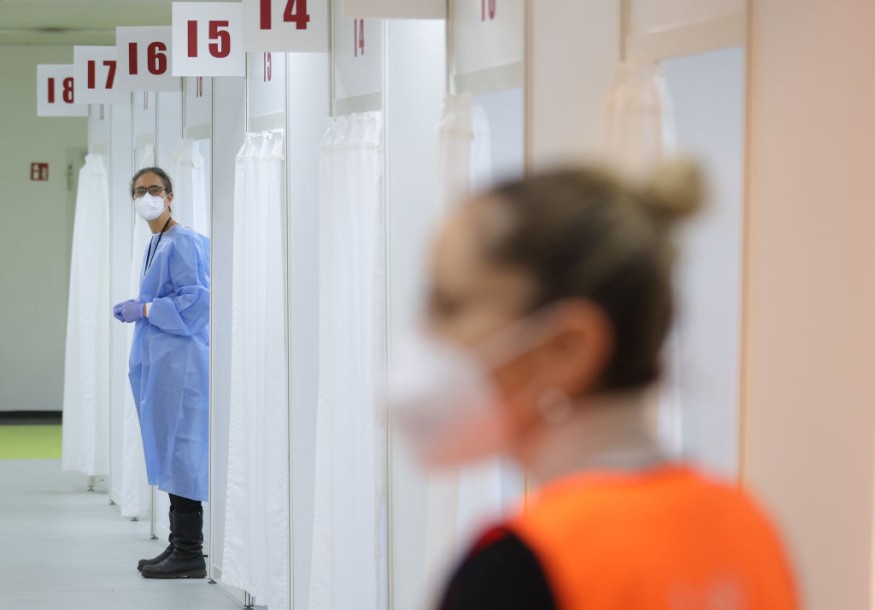
According with Royal College of Physicians, Covid-19 has additional susceptibility to situations that may result in PTSD, an emotional condition induced by extremely distressing, scary, or disturbing experiences.
Official estimates suggest that the NHS predicts 230,000 additional instances of post-traumatic depressive illness in England as a consequence of the coronavirus epidemic.
Increase of PSTD Patients Caused by Covid-19
In the recent report, the NHS has been dealing with the largest queue of people who were waiting for psychiatric care in its record.
Predictions from the NHS methodology department, which conducts NHS assessment, reveal that there might be quite so many as 230,000 additional PTSD admissions in England throughout the year 2020 to year 2021 as well as year 2022 and 2023, implying an increase of roughly 77,000 occurrences per year on normal.
So, because NHS somehow doesn't disclose a complete statistic with all PTSD reports in England, the NHS planning division stated it was not feasible to make a direct comparison the modeling of reported cases to present data.
Nonetheless, study indicates that the expected number of extra occurrences would constitute a considerable rise.
The planning department stated that their prediction of a rise in prevalence was centered on the pandemic's consequences on domestic violence victims, kids and younger adults, families of Covid surviving victims, world class medical professionals, and individuals who had lost family members to the illness.
According to specialists, individuals who are afflicted may feel severe unpleasant sensations, feelings, and recollections.
In an interview, specialist member of the Royal College of Psychiatrists' new asset aid for PSTD patients, Professor Neil Greenberg explained that, "It's a frequent misconception that only persons in the military services may acquire PTSD, everyone subjected to a horrific incident is at peril."
"It is critical that everyone who has been exposed to traumatic situations receives appropriate help at home and in the workplace."
Medical Experts Finds Way to Handle New PSTD Cases
Timely and effective counseling can lessen the incidence of PTSD, and people afflicted ought to have availability of adequate to scientific proof therapy.
"The NHS employees, in particular, are at significant risk in the event of such an uncertain situation."
As during initial wave of the epidemic, 709 critical care professionals throughout six NHS hospitals and medical facilities were polled, and two in five experienced indications of PTSD.
With over double the proportion observed in military members with prior fighting exposure.
Furthermore, it cited a study taken recently this year in the publication BJPsych Open, that further discovered that 35% of Covid-19 patient populations who have been put on a life support machine later developed severe Post traumatic stress disorder indicators.
"I encounter extreme anxiety regarding my difficulty of breathing," says Dee, a 52-year-old Bristol resident who have become critically ill with Covid-19 the year before.
"My bedtime was severely disrupted, and I turned to drinking as a defensive mechanism."
"I've subsequently came back positive for Covid-19 for the second time, it has been quite upsetting. I'm suffering, and I'm not sure I'll be able to obtain the support I require."
This featured disturbing dreams of being not able to inhale and NHS personnel in PPE jackets transporting me to the health center.
© 2025 NatureWorldNews.com All rights reserved. Do not reproduce without permission.





